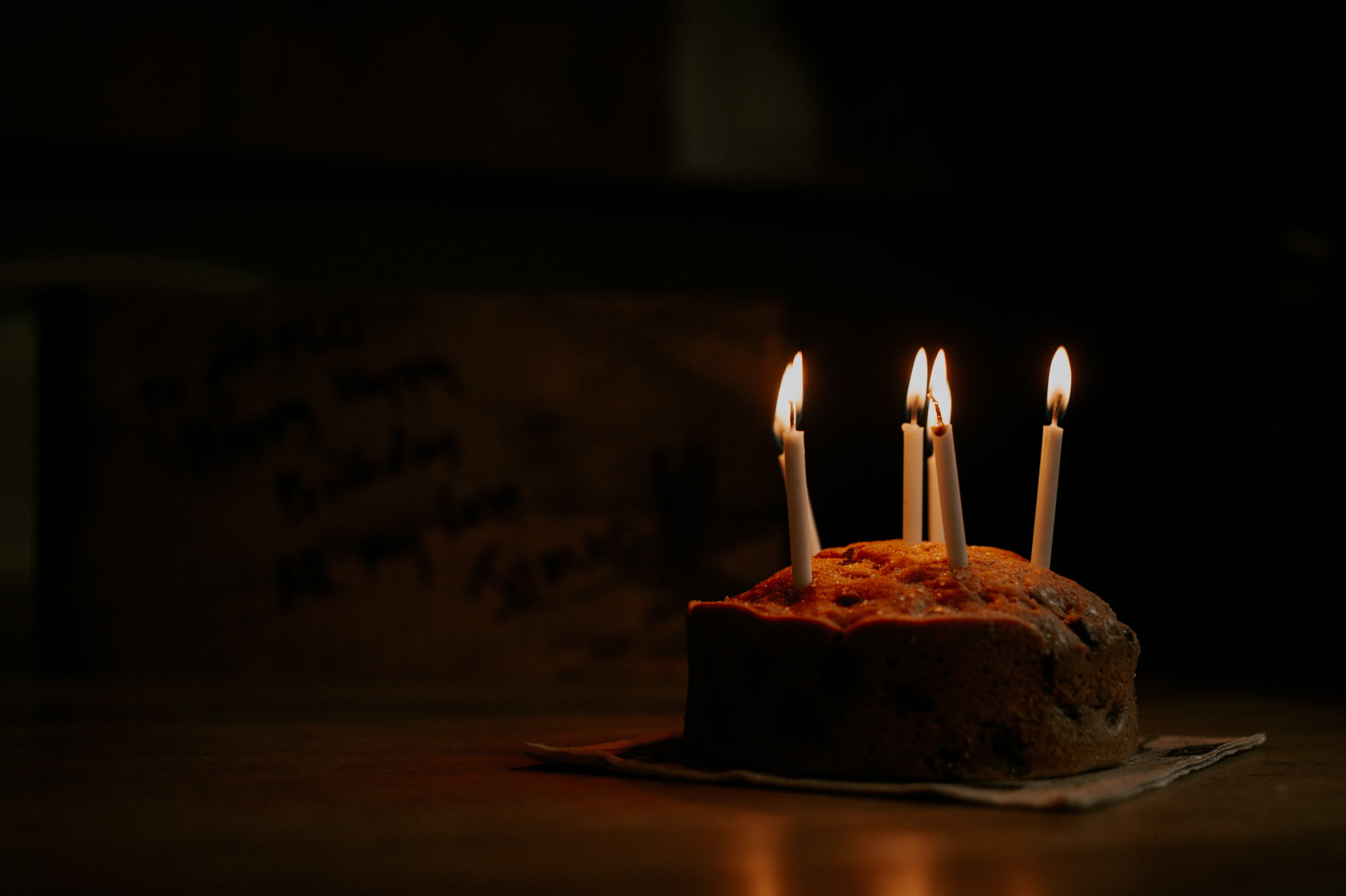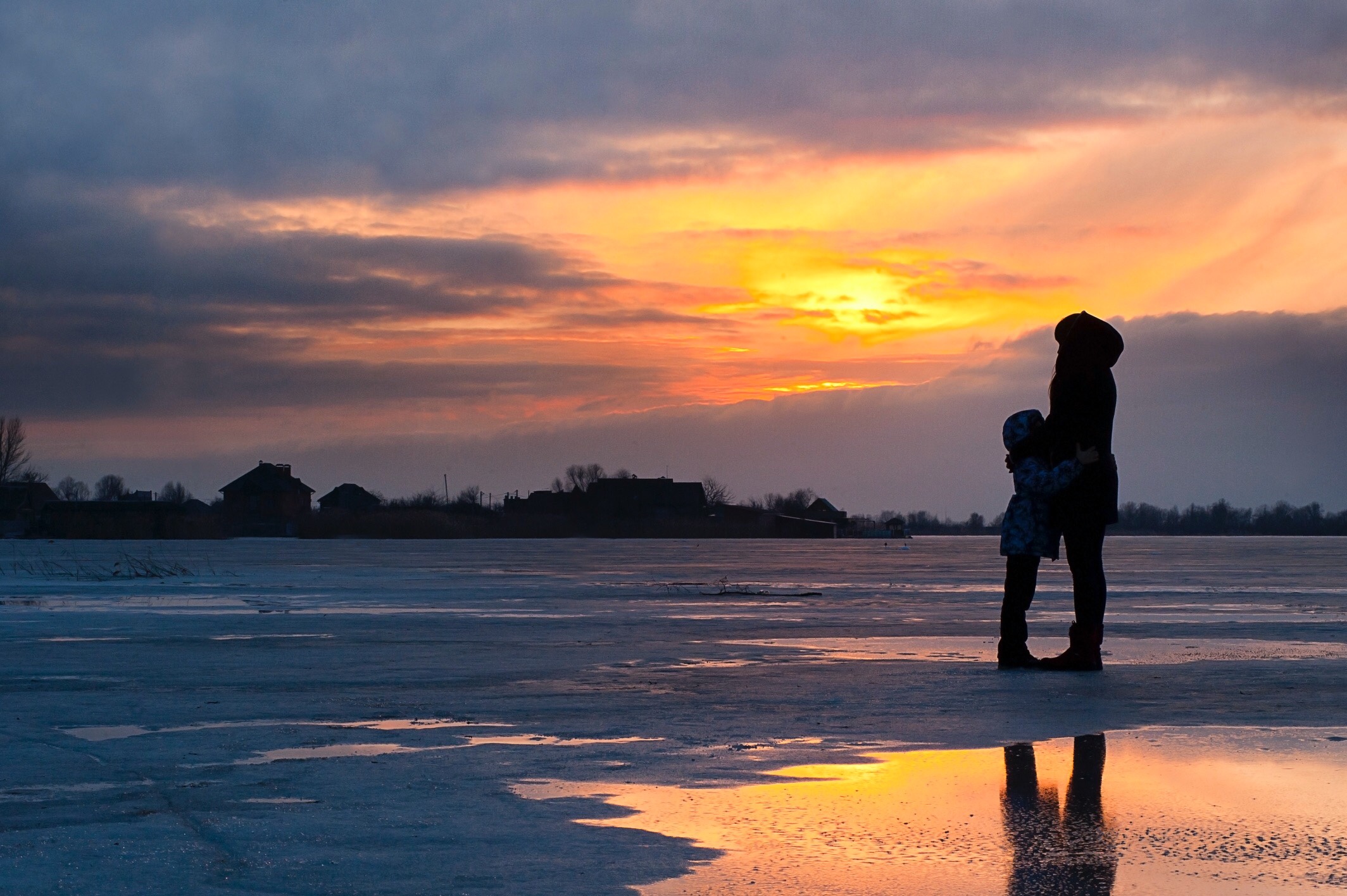
Healing Milestones After The Death Of A Child
The death of a child is so profound, it’s like no other form of loss. There’s no such thing as getting over the death of a child. Instead, bereaved parents must learn to adapt to a life without our child. We must reconcile the reality that we’ll feel some level of pain for the rest of our lives.
This is the long, slow process of healing after the death of a child.
The intense pain in the aftermath of my daughter’s death felt devastating and unbearable. In most support groups I’ve attended, the most common questions I heard from newly bereaved parents is some version of, “How long will this pain last? Will it ever end?”
The answer to that question is complicated because grief is a very individual experience. Like snowflakes, no two grief journeys will ever be the same. There’s no right or wrong way to grieve, and there’s no standard timeline. Due to varying factors, some parents just learn to adapt and reconcile faster than others.
Since there is no end point of being fully healed after the death of a child, how can you gauge your healing progress?
Looking back at my own journey after the death of my 4-year-old daughter, Margareta, I see three major turning points. These milestones are markers of when I was able to shift my perspective to better adapt to a life without her and reconcile my ongoing pain.
Milestone 1: Separating the memories of my child from those of her death
For three years, my grief was entirely focused on the trauma caused by her death. I was trapped in endless questions of “What if?” and “Why?” Having been so focused on my pain, I eventually realized I had lost sight of what I was actually grieving the loss of: the love and joy Margareta had brought into my life.
I began to fear that I was going to forget all the smaller details about her short life. And the idea of losing her all over again was terrifying.
I had to emotionally separate my daughter from the day she died, and no longer let the devastation of her death overshadow the beauty of her life. That shift in focus allowed me to start adjusting to a life without her physical presence. And as I began to turn my thoughts to all the happy memories I have of her, the severity of my pain started to lessen.
Milestone 2: The decision to forgive
Margareta drowned in 2009, and for years after her death, my overwhelming guilt intensified the pain of my grief. I felt as though I didn’t deserve any form of happiness in a world in which I didn’t keep her safe. I had failed at my most important job.
For years, grief counselors and bereaved parents told me her death was a tragic accident and that I should let go of my guilt. Most of the time when we let our children out of our sight, they’re fine. Only on rare occasions they’re not. Logically, I understood their rationale, but emotionally I wasn’t in a place where I could let go of my guilt. After all, she was only four and it was my job to protect her. I begged for her forgiveness every time I went to the cemetery.
But then something changed after I began to focus on Margareta’s life instead of her death. Instead of obsessing over my failing to keep her safe on the day she died, my memories of her reminded me of all the things I had done right as a mother. It dawned on me that I didn’t need Margareta’s forgiveness — I needed to forgive myself. Just as her death cannot overshadow her beautiful life, I decided my failure on that day should not define the entirety of mine.
While I will always feel guilt on some level, my decision to forgive myself paved the way for allowing happiness back into my life. After all, I still have four wonderful living children and a loving, supportive husband. In cultivating happiness once again, the level of my day-to-day pain lessened even more.
Milestone 3: Letting go of what was and acknowledging what is
Another difficult aspect of my grief is the fact that I (and other bereaved parents) didn’t just lose my child. We lost the person we used to be, and can never be again. Our hopes and dreams for our child are now shattered forever. And in the midst of being crushed by grief, many bereaved parents lose relationships and friendships they once thought would last the rest of their lives.
The world we once knew is suddenly gone, and many of us desperately want it back. We want to go back to being the person we were; back to a time when pain didn’t suffocate every minute of the day. In my case, I wanted to return to the illusion that I had some amount of control over what happens to me.
Like many others, I couldn’t bring myself to let go of the idea that I could reclaim my old life. Obviously my daughter would no longer be a part of it, but I thought that somehow I could otherwise go back to the way things were. I fought grief as if it could somehow be defeated.
After I wrote down all my memories of Margareta, I started to journal about my grief. Over time, this allowed me to see that I could never defeat grief. Journaling showed me that my grief could transform from searing pain to a dull ache…but it could never fully go away. I will never stop longing for my daughter and feeling a sense of loss.
By coming to terms with the fact that her death has changed me and my life in ways that cannot be undone, I finally decided to stop fighting grief. And when I did that, I began to see that some of the changes in me were, in fact, good. I learned more about myself and my needs in a few short years than I had in the entirety of my life prior to Margareta’s death. My grief led me to grow as a person and begin to cultivate a new life that focused on what matters most to me.
It’s been 12 years since Margareta’s death.
While my grief can still occasionally intensify and overcome me, most days the dull ache of missing her is easily managed. I’ve learned to focus more on the present moments of day-to-day life, which makes my pain barely noticeable most of the time.
I still think of her every day. That is how I keep her present in my life. But these days, thoughts of my daughter are filled with love, not pain. And that’s my definition of healing.






 This website was inspired by the memory of Margareta Sol Kubitz in hopes of helping others work through the pain of grief.
This website was inspired by the memory of Margareta Sol Kubitz in hopes of helping others work through the pain of grief.